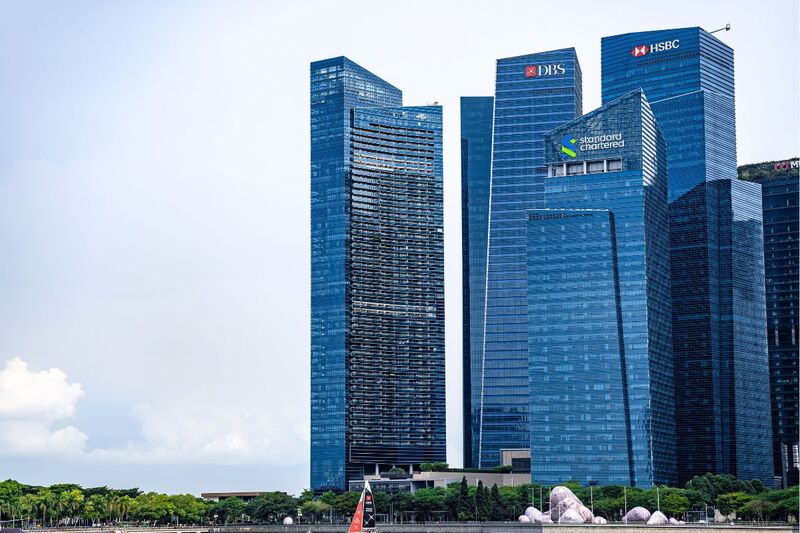Supporting Your Muslim Colleagues During Ramadan
We’re in the midst of Ramadan right now! As a multiracial and multicultural society, Singapore has a large Muslim population. According to the 2020 census, 15.6% of the resident population identified themselves as Muslim. Thus, there’s a high possibility that you may have some colleagues who are observing Ramadan.
What is Ramadan and how is it observed?
Ramadan is the ninth month of the Islamic calendar, also known as the Muslim Holy Month. The exact start date of Ramadan—the first day of the ninth month—varies from year to year as it’s determined by the sighting of the crescent moon. Ramadan 2023 officially began last Thursday, on 23 March.
During Ramadan, all able-bodied Muslims are required to fast as an act of sacrificial devotion to Allah. They are to abstain from all food and drink (including water) from dawn until dusk. One of the five pillars of Islam, fasting is a way to draw closer to Allah—and to empathise with those who are less fortunate.
You may be curious about what a typical day during Ramadan is like. Muslims will usually wake up before the sun rises—even as early as 3 a.m.—to partake in a pre-dawn meal called suhoor. The suhoor contains high-protein foods to sustain them throughout the day. At dawn, Muslims will perform the morning prayer before going about their daily activities.
Then at sunset, they will break fast over iftar, perform the evening prayer and partake in a hearty meal with family and friends. This daily routine continues for a month, eventually culminating in Eid al-Fitr (the Festival of Breaking the Fast).
Now that you are aware, how can you support your Muslim colleagues during Ramadan? Here are 4 suggestions on how to do so:
1. Don’t jump to conclusions
First of all, you have to figure out who in your team is observing Ramadan. There may be some practising Muslims who are not ethnically Malay but have converted to Islam at some point in their lives. Regardless of race, everyone has the right to profess and practise his religion—respect that right.
Moreover, while 98.8% of Malays are Muslims, do not assume that all of them will be fasting. There are valid exceptions to fasting such as illness. Pregnant ladies or breastfeeding mothers are also exempt from fasting.
Avoid asking your Muslim colleagues who are not fasting intrusive personal questions; they may not want the reason to be publicly disclosed. Give them some privacy.
2. Be accommodating at work
Understand that the energy levels of your Muslim colleagues may not be as high as usual. Some potential side effects of Ramadan fasting include fatigue, dehydration and general bodily weakness.
Therefore, be accommodating to your Muslim colleagues’ requests, particularly for flexible work arrangements. They may choose to work during their lunch breaks and leave the office earlier. Schedule tasks which require a high level of concentration—such as strategy planning sessions—in the morning instead of the afternoon.
3. Don’t eat and drink in front of your Muslim colleagues
Even though some Muslims have gotten used to people eating in front of them, the best practice is to avoid doing so whenever possible. Be considerate! This also means not scheduling lunch meetings or coffee chats, so that your colleagues won’t have to watch you devour your sandwich or sip your tea.
4. Check in with your Muslim colleagues
You never know if any of your Muslim colleagues may be feeling stressed or isolated. Reach out regularly and ask how else you can support them—they will appreciate your thoughtfulness.
Finally, don’t forget to wish them Ramadan Mubarak or Ramadan Kareem! Ramadan Mubarak means “Happy Ramadan” while Ramadan Kareem means “Have a generous Ramadan”.
Seeking Your Next Career Move?
Visit our job portal or Submit your CV.
We’re also hiring—join the Reeracoen family today!
Read more:






